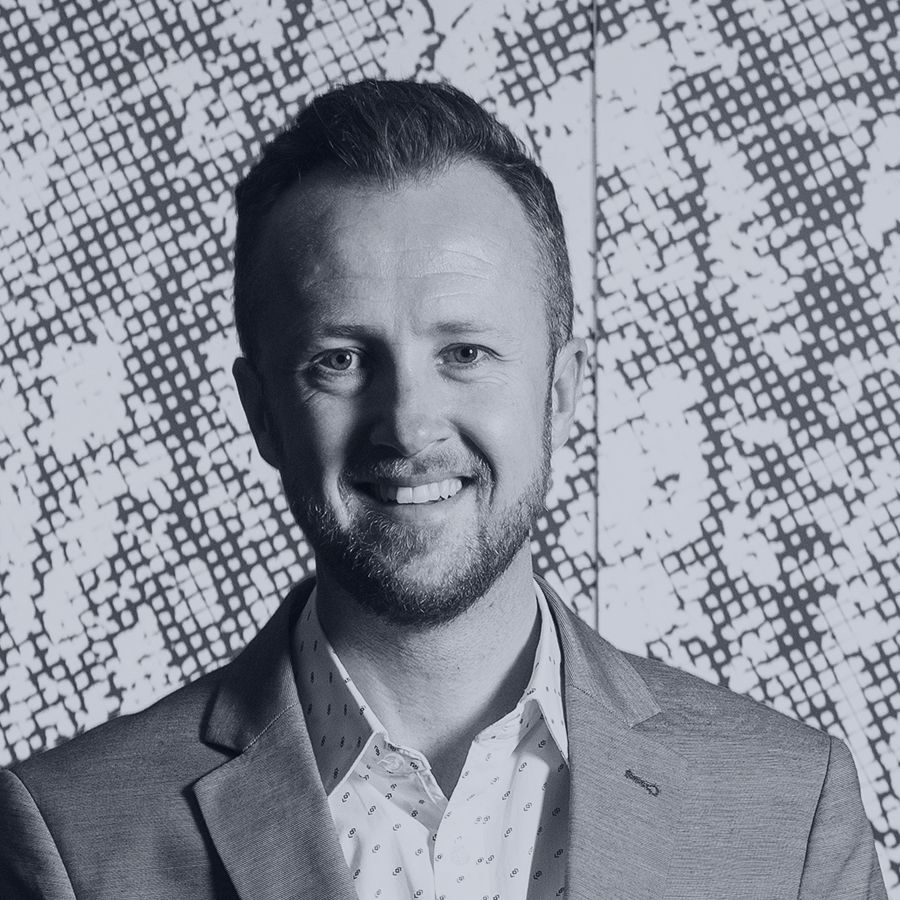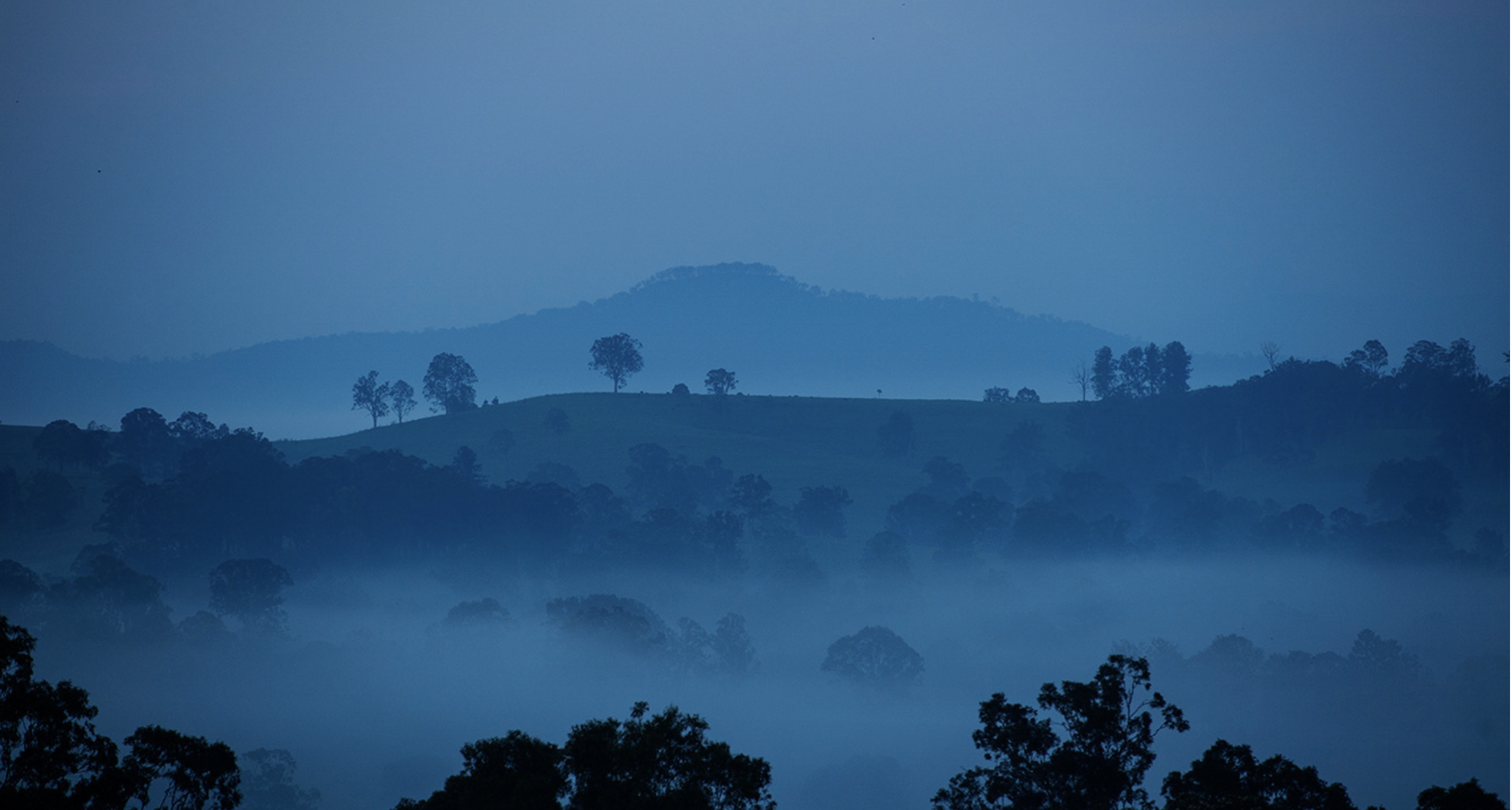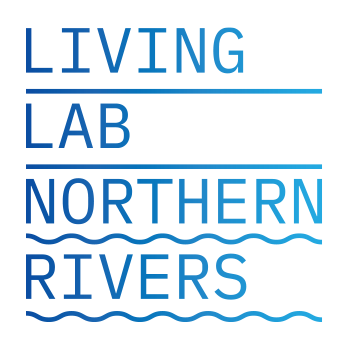Research
We’re living in an era with unprecedented levels of uncertainty and change. Our existing systems for managing natural resources, food production, infrastructure design and delivery, housing provision and disaster management need to be transformed to overcome the challenges we face.
It's essential to mobilise the research community to find new approaches to existing problems and create an evidence base for new courses of action.
At Living Lab Northern Rivers, we've formed an academic community of researchers with a diverse range of expertise to investigate the ongoing adaptation in the Northern Rivers region.
This community, known as the Adaptation Research Network, comprises leading academic institutions worldwide enabling an environment that enhances transdisciplinary responses to complex problems. Our network intersects applied, pure, creative and practise-based researchers in engineering, architecture, landscape architecture, planning, environmental sciences, social sciences, arts, communications, and mental health, among others.
Responding to questions posed by locals and government at all levels, we'll be rallying these teams to come up with innovative solutions.

Contributing researchers
-

Elizabeth Mossop
LIVING LAB NORTHERN RIVERS
Elizabeth is Professor of Landscape Architecture and Academic Director of Living Lab Northern Rivers. She is a Strategic Lead Creative Industries, Faculty of Design Architecture and Building at University of Technology Sydney. Recently, she has been appointed Adjunct Professor, Southern Cross University.
She has held leadership positions at Harvard Graduate School of Design, the Robert Reich School of Landscape Architecture at Louisiana State University and the University of NSW. She is a founding principal of Spackman Mossop Michaels landscape architects, based in Sydney, New Orleans and Detroit.
Her research and practice is concerned with landscape’s role in urban revitalisation and resilient communities and cities in the face of climate change. Elizabeth was extensively involved in the recovery and rebuilding of New Orleans post Hurricane Katrina.
She was instrumental in the creation of the Coastal Sustainability Studio at LSU, a multi-disciplinary research laboratory that has been profoundly influential in the direction of Louisiana’s efforts in resilience planning and design, as well as education.
-

Damien Maher
SOUTHERN CROSS UNIVERSITY
Professor Damien Maher is an ecohydrologist working on carbon, nutrient and hydrological cycles from catchment to global scales. Professor Maher’s research has helped constrain the global water, nutrient, carbon and greenhouse gas budgets. The techniques and modelling methods he has developed have been rapidly taken up by researchers across the world.
-

Barbara Wilson Brown
UNIVERSITY OF VIRGINIA (UVA), CHARLOTTESVILLE
Barbara is an associate professor of urban and environmental planning at UVA's School of Architecture, and co-founded the UVA Democracy Initiative Center for the Redress of Inequity (The Equity Center). Her research and teaching focus on planning for climate justice and the role of urban social movements in the build environment.
Barbara serves as Co-PI for the Eastern Shore Virginia Climate Equity Project, a five-year NSF-funded initiative. Author of ‘Resilience for All’ and co-author of ‘Questioning Architectural Judgment’, she also sits on the Board of Directors for the Community Climate Collaborative (C3). Barbara's change-oriented research aims to advance social and environmental justice in urban planning.
-

Amanda Reichelt-Brushett
SOUTHERN CROSS UNIVERSITY
Amanda Reichelt-Brushett is Professor of Science and Engineering at Southern Cross University. She has a Bachelor of Applied Science in Coastal Management, a Master of Science in Marine Chemistry and a PhD in Ecotoxicology. Amanda has published articles on catchment management and aquatic pollution and is editor and co-author of a new text book titled: Marine Pollution -Monitoring, Management and Mitigation. She has 30 years of experience in investigating human impacts on the environment. Amanda has worked with communities in the Asia-Pacific region to help understand various local pollution issues and improve environmental outcomes. She is the immediate past President of the Asia-Pacific geographic unit of Society of Environmental Toxicology and Chemistry (SETAC A-P). Locally she is motivated to use her expertise to work within the community to improve the health of the Richmond River through leadership in the Richmond RiverKeeper organisation.
-

Brooke Jackson
UNIVERSITY OF TECHNOLOGY (UTS)
As PhD Candidate, her research focus is Housing Policy, Intimacy and the Solo Dweller.
Contributing to conversations on diversifying models for housing development and affordability, Brooke has been engaged for research grants with Landcom and the NSW Department of Planning and Environment, presented at International Conferences, the Sydney Architecture Festival and was an awarded finalist for Lake Macquarie Council’s dWell Competition.
She has taught, lectured and critiqued across institutions including The University of Technology Sydney, The University of Sydney, The University of NSW, Western Sydney University and The University of Tokyo.
Brooke currently runs her Architecture Practice, Informal Architects, in Sydney and is the Course Director for the Undergraduate Architecture Program in the School of Architecture at the University of Technology Sydney.
-

Martin Bryant
UNIVERSITY OF TECHNOLOGY (UTS)
Martin Bryant is a landscape architect, architect, urban designer and Professor. As a practitioner he has led numerous high-profile practice projects in Australia and New Zealand, and has received numerous high-profile awards for his work, including the Lloyd Rees Award for Urban Design, Supreme awards from the NZIA and NZILA, and the 2013 Rosa Barba Prize. In academia, Martin’s research expertise on urban ecology and resilience is internationally recognised for policy development. He has received various awards for his work, including the Charlie Challenger NZILA award and has exhibited at the Venice Architecture Biennale (2021) and authored the United Nations Habitat III policy paper on urban ecology and resilience (2017).
-

Ben Roche
SOUTHERN CROSS UNIVERSITY
Ben Roche is the Vice President (Engagement) at Southern Cross University. He has executive responsibility for a suite of portfolios that connect the University's research and teaching strengths with the sustainable development needs of its communities, to optimise mutual benefit, impact and exchange.
As a human geographer, Ben has taught, researched and practised in the areas of community-based learning, participatory planning, sustainable development and community engagement. Ben also provides advice to various organisations and governments on strategic approaches to education, engagement and development.
Ben's contribution to community engagement in higher education, specifically service learning in built environment disciplines, has been recognised through a national Carrick Citation. He also received the Edith Cowan Authentic Learning Award from the Higher Education Research and Development Society of Australasia. In 2019, Ben received the Australian Financial Review Higher Education Award for Best Industry Engagement and the Business Higher Education Roundtable Award for Excellence in Community Engagement for the national pilot program, Farming Together. Ben is the Immediate Past President of Engagement Australia.
-

Nicole Gurran
UNIVERSITY OF SYDNEY
Nicole Gurran is Professor of Urban and Regional Planning at the University of Sydney, where she directs the University’s Henry Halloran Research Trust. She has led numerous studies on urban planning, housing, regional development and climate change, funded by the Australian Research Council, the Australian Housing & Urban Research Institute, as well as state and local government. She has authored several books including Urban Planning and the Housing Market (2017, Palgrave), Politics, Planning and Housing Supply in Australia, England and Hong Kong, (Routledge, 2016), and Australian Urban Land Use Planning (2011).
Beyond academia, Professor Gurran serves as a State appointed independent expert member of the Sydney Western City Planning Panel advising on regionally significant planning decisions. She is a Fellow of the Planning Institute of Australia.
Nicole grew up in Lismore.
-

Andrew Rose
SOUTHERN CROSS UNIVERSITY
Andrew Rose is Professor of Environmental Engineering at Southern Cross University, and a long-term Lismore resident. His primary field of expertise is the chemistry of natural and engineered aquatic systems. He has taught subjects including hydrology and hydraulic engineering, supervised over 20 PhD and Honours students, and maintains a research program that that is currently focussed on problems related to water quality in natural waters, removal of nutrients from wastewater, and waste recycling and recovery. His philosophy as an environmental engineer is that the natural and human worlds are interconnected parts of the same complex system, and that finding solutions to complex problems as an engineer requires a deep understanding of and respect for the various social, environmental, economic and scientific relationships in these systems. Andrew currently also serves as the Chair of the Academic Board at Southern Cross University.
-

Penny Allan
UNIVERSITY OF TECHNOLOGY (UTS)
Penny Allan is Professor of Landscape Architecture at UTS where she teaches and researches in the areas of urban and regional resilience and design. She has a background in design practice in both the public and private sector in Australia. Her most recent design research explores new paradigms for resilience and adaptation to climate change for coastal communities affected by fire and flood. Her two short films Living with Fire and The Value of Water, exhibited at the 2021 Venice Biennale, recently received a national award for Research and Communication.
-

Mary Spongberg
SOUTHERN CROSS UNIVERSITY
Mary is the Deputy Vice-Chancellor (Research and Academic Capability) overseeing strategic responsibilities for all research functions, including government and industry partnerships and research training. She directly manages the Office of Research, the Graduate School, Research Institutes, and the Environmental Analysis Laboratory, a commercial research enterprise. Recently she has facilitated a transformation in the SCU research landscape, establishing four new Research Impact Clusters—Catchments, Coasts and Communities; From Harvest to Health; Reefs and Oceans; Zero Waste.
Before joining SCU, she held the position of Dean of Arts and Science at the University of Technology Sydney. In that role, she developed the HASS/STEM research strategy and founded the Centre for the Advancement of Indigenous Knowledges, the Centre for Climate Justice, and the History Lab.
-

Andrew Toland
UNIVERSITY OF TECHNOLOGY (UTS)
Dr Andrew Toland is a Senior Lecturer in landscape architecture. A transdisciplinary scholar of the natural and built environment, his research is focused on the capacity of landscape architecture to change how we view, understand and change our environmental realities. Andrew has a particular interest in technological practices of environmental modification and their normalisation in our everyday urban and natural surroundings. Andrew’s academic enquiry is focused on landscape cultures and urbanism in Asia. He has taught in the landscape architecture programs at the University of Hong Kong and the National University of Singapore. He has contributed to projects focussed on ecologies, infrastructures and urbanism. He holds degrees in architecture, law and political economy and brings this diversity of professional perspectives into his research and teaching.
-

Richard Benedict
UNIVERSITY OF SYDNEY
Richard is a Research Associate at the University of Sydney undertaking research funded by the Australian Housing and Urban Research Institute into social, affordable and indigenous housing. He is also Director of Richard Benedict Consulting.
Richard has over 30 years of experience working in the private, government and not-for-profit housing sectors in Australia and the United States.
He has advised Cabinets, Ministers and Department Heads in NSW, Victoria, Tasmania and the Northern Territory on housing strategies, policies, and programs.
He has worked with developers, investment funds, government and not for profit groups to develop and evaluate joint venture mixed income housing projects.
Richard holds a Master of Project Management, Bachelor of Architecture (honours) and has partially completed a Graduate Certificate in Social Impact.
-

Olivia Ntim
UNIVERSITY OF TECHNOLOGY (UTS)
Olivia is a PhD researcher at UTS School of Built Environment, earned an MSc in Environment and Development from the London School of Economics and Political Science, UK, and a BSc (Honours) in Land Economy from KNUST, Ghana.
As a certified Excellence in Design for Greater Efficiencies (EDGE) Green Building Expert, she focuses on land, property development, housing, and sustainability.
Olivia's current research delves into the socio-political dimensions of urban land and property in Sub-Saharan African cities for resilience. She has teaching and research assistant experience at UTS and KNUST, along with industry roles as an Environment and Development Practitioner and Land Economist.
-

Berto Pandolfo
UNIVERSITY OF TECHNOLOGY, SYDNEY (UTS)
Berto Pandolfo is an industrial design academic and practitioner. His research spans the meaning and complexity associated with objects and how objects are made, the strategic value of design-led innovation for manufacturing SMEs, and the use of materials and processes towards a more sustainable object-making practice. He has a particular interest in local and small batch production. Berto has contributed to numerous research-based, university-industry collaborations that have delivered high quality design solutions back into industry.
-

Adam Russell
SALTBUSH PROJECTS
Adam Russell practices architecture with a focus on the principles of regenerative design and permaculture. Broad adoption of these principles will help lead the down-shift to a post-carbon economy.
Adam holds expertise as a designer and thought leader in co-housing, affordable and alternative housing, public buildings and urban design. He also has extensive experience as a design critic, awards juror and assessment panel member in NSW working with industry bodies, universities and local government.
He is a registered architect (NSW) and holds a passion for critical design practice and high-quality professional services. For over two decades Adam has taught architectural design to masters level students at the University of Technology Sydney, Western Sydney University and the University of Newcastle.

